
Erste Schlacht von Korriban Jedipedia Fandom
The Battle of Brunanburh. In the year 937, Æthelstan, King of England, found himself under attack from a coalition of his enemies. In this episode, Michael and Kelly tell us about the Battle of Brunanburh, including where it was fought and the amazing poem about the battle preserved in the Anglo-Saxon Chronicle.
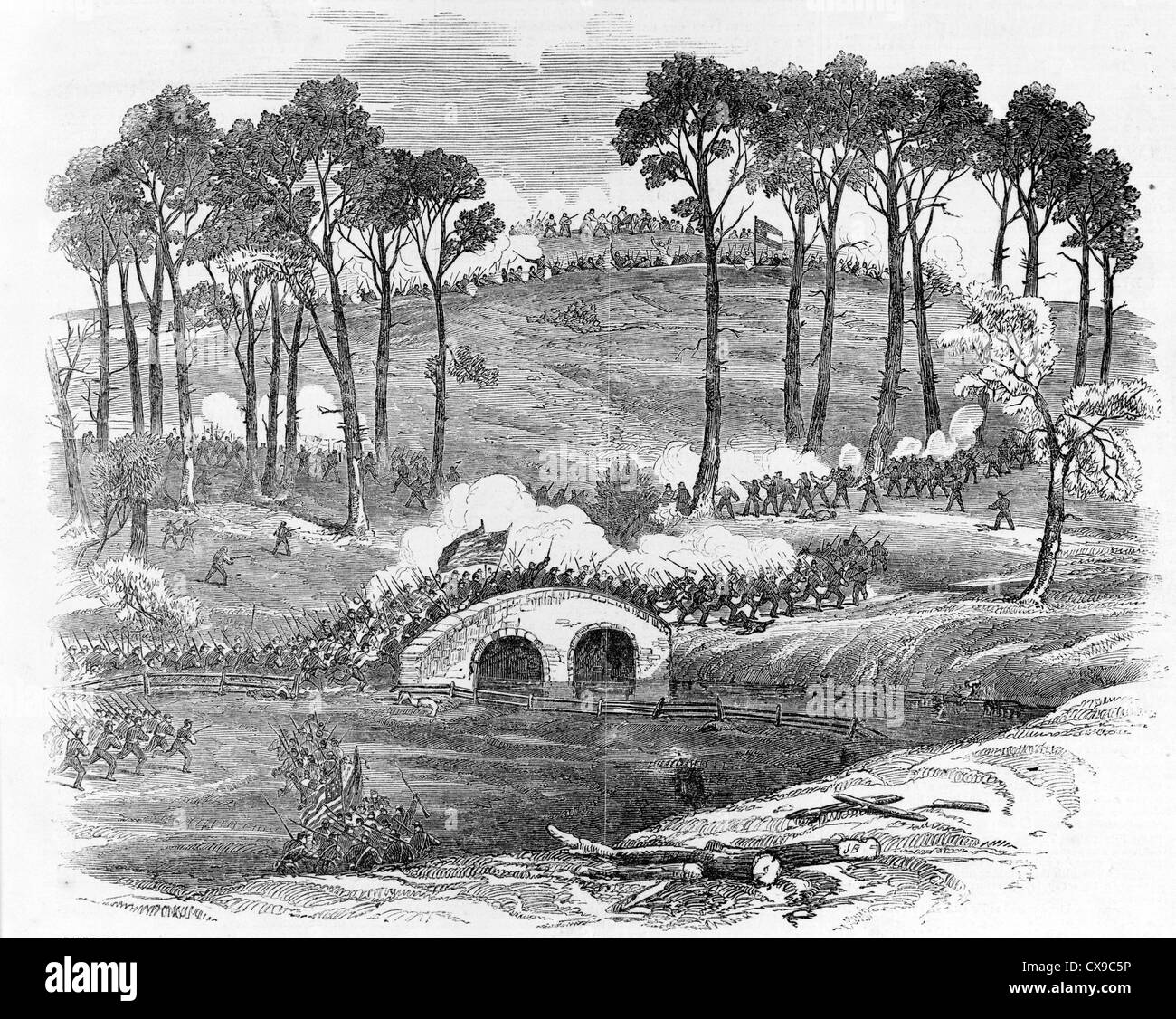
Schlacht von Antietam, auch bekannt als die Schlacht von Sharpsburg, Amerikanischer Bürgerkrieg
Other articles where Battle of Brunanburh is discussed: United Kingdom: The kingdom of England:.chiefly as the victor at Brunanburh, against a combine of Olaf Guthfrithson, king of Dublin; Owain of Strathclyde; and Constantine, king of the Scots, whom Athelstan had defeated in 934. They invaded England in 937, and their defeat is celebrated by a poem in the Anglo-Saxon Chronicle.
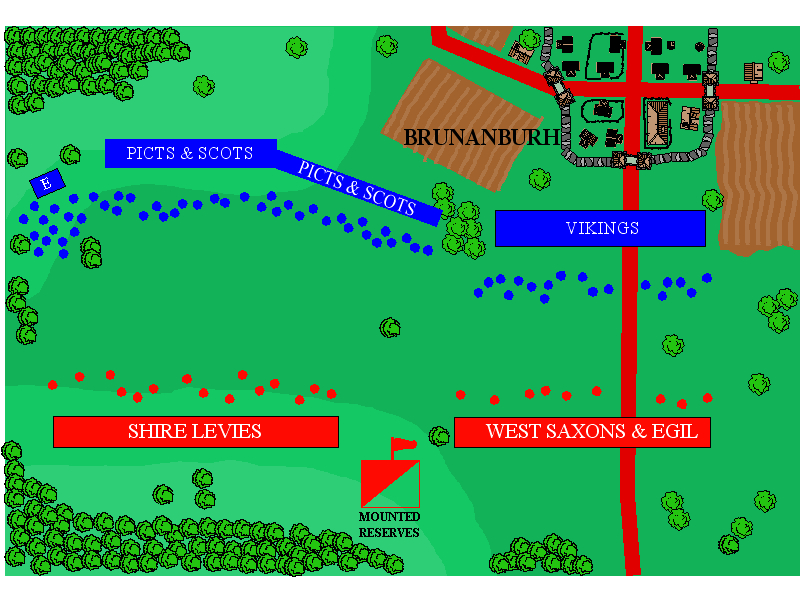
territorioVIKINGO La batalla de Brunanburh, 937
In der Schlacht bei Brunanburh im Jahre 937 siegte die Armee des Königreichs England unter Führung des englisch-sächsischen Königs Æthelstan und seinem Bruder Edmund über die vereinten Armeen des englisch-norwegischen Wikingerkönigs in England Olaf Guthfrithsson, nordisch-gälischer König von Dublin, Konstantin II., König von Alba, und Owen I., König von Strathclyde.

Anglosaksonlar Kimdir, Anglosakson Ne Demek? Webtekno
The Battle of Brunanburh was fought in 937 between Æthelstan, King of England, and an alliance of Olaf Guthfrithson, King of Dublin; Constantine II, King of Scotland; and Owain, King of Strathclyde.The battle is sometimes cited as the point of origin for English national identity: historians such as Michael Livingston argue that "the men who fought and died on that field forged a political.
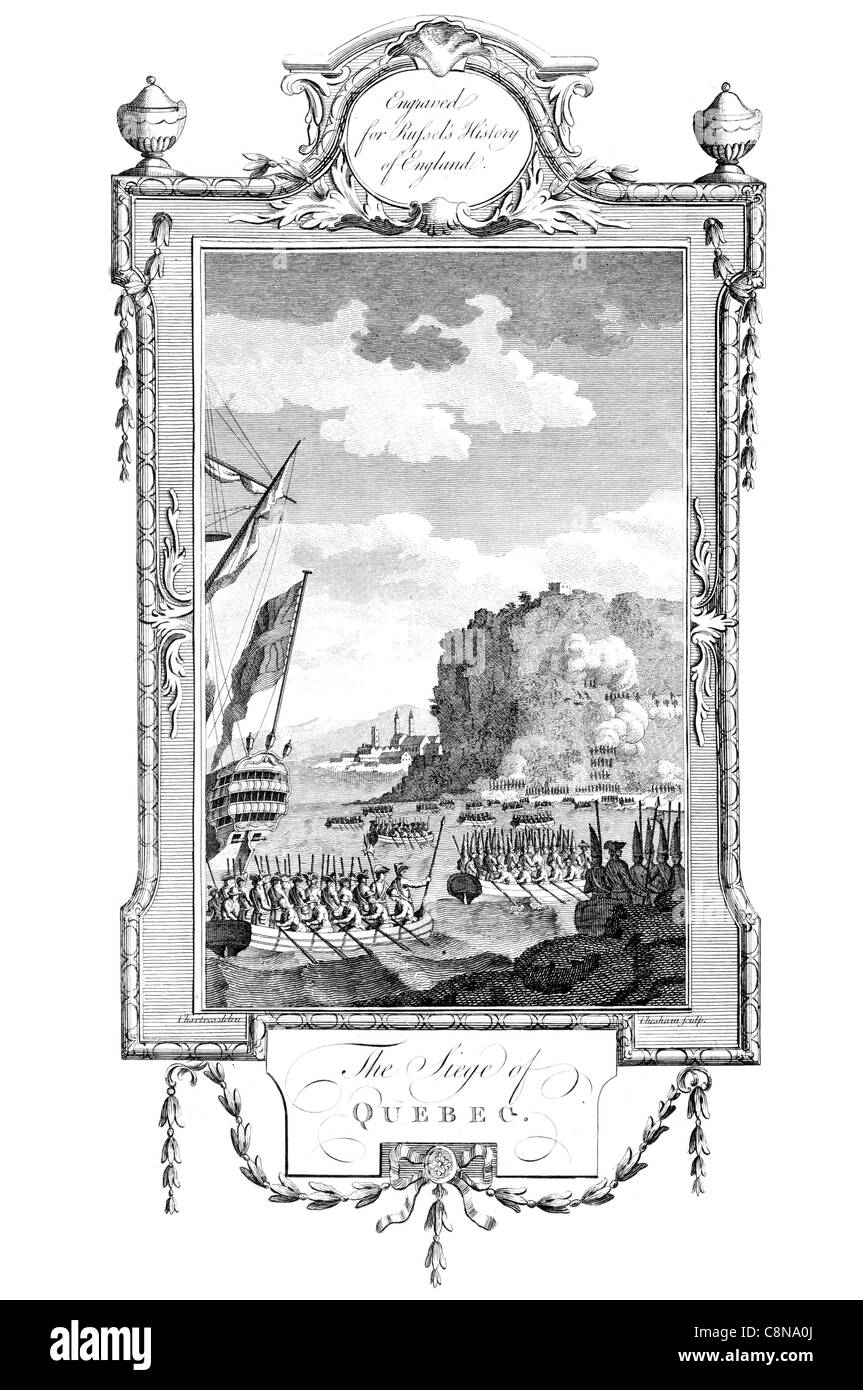
Die Schlacht der Ebenen von Abraham Schlacht von Quebec Siebenjährigen Krieg 1759 britische
Brunanburh, battle of. Brunanburh, battle of, 937. Brunanburh was the crowning military achievement of Athelstan's reign, which saw Wessex advances into Devon, south Wales, and the north. In 937 a formidable coalition attempted to hold him at bay. Constantine II of Scotland was joined by Owain of Strathclyde and Olaf Guthfrithsson from Dublin.
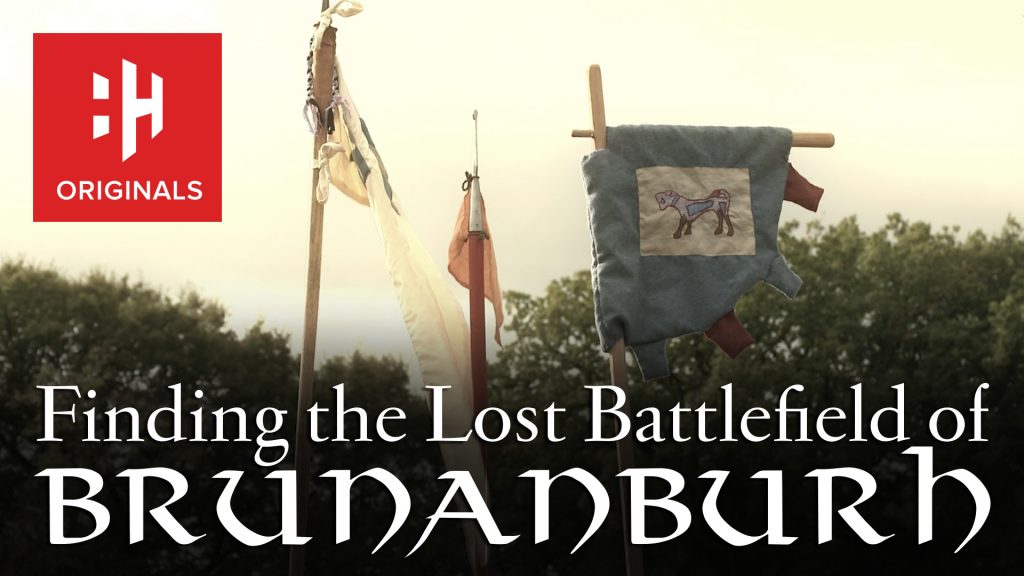
What Happened at The Battle of Brunanburh? History Hit
The Battle of Brunanburh was fought in 937 between Æthelstan, King of England, and an alliance of Olaf Guthfrithson, King of Dublin; Constantine II, King of Scotland; and Owain, King of Strathclyde. The battle is sometimes cited as the point of origin for English national identity: historians such as Michael Livingston argue that "the men who fought and died on that field forged a political.

The Battle of Brunanburh A Casebook by Michael Livingston
The fight took place at Brunanburh, probably present-day Bromborough. The Celtic-Norse army likely built timber-fortified trenches, though Athelstan's men quickly breached them. It remains debatable if it marked the first instance of a British army using cavalry in battle. The Anglo-Saxon victory secured the northern borders of England and.
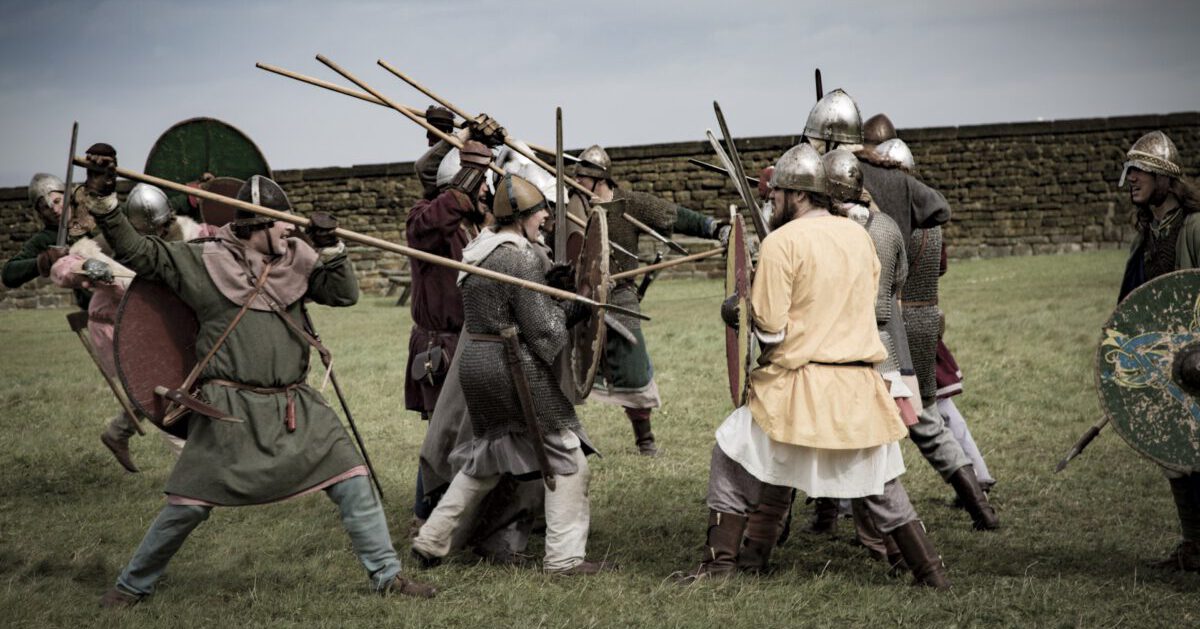
Die Schlacht bei Brunanburh im Jahre 937 Midgards Wölfe
Introduction. The location of the battle of Brunanburh of 937 has been widely disputed, and new theories are launched in academic literature and on internet sites with notable frequency. The essential details of the battle are well known: King Athelstan, his brother Edmund and the forces of Wessex and Mercia, fought a day-long climactic battle against Anlaf, the Scandinavian king of Dublin and.
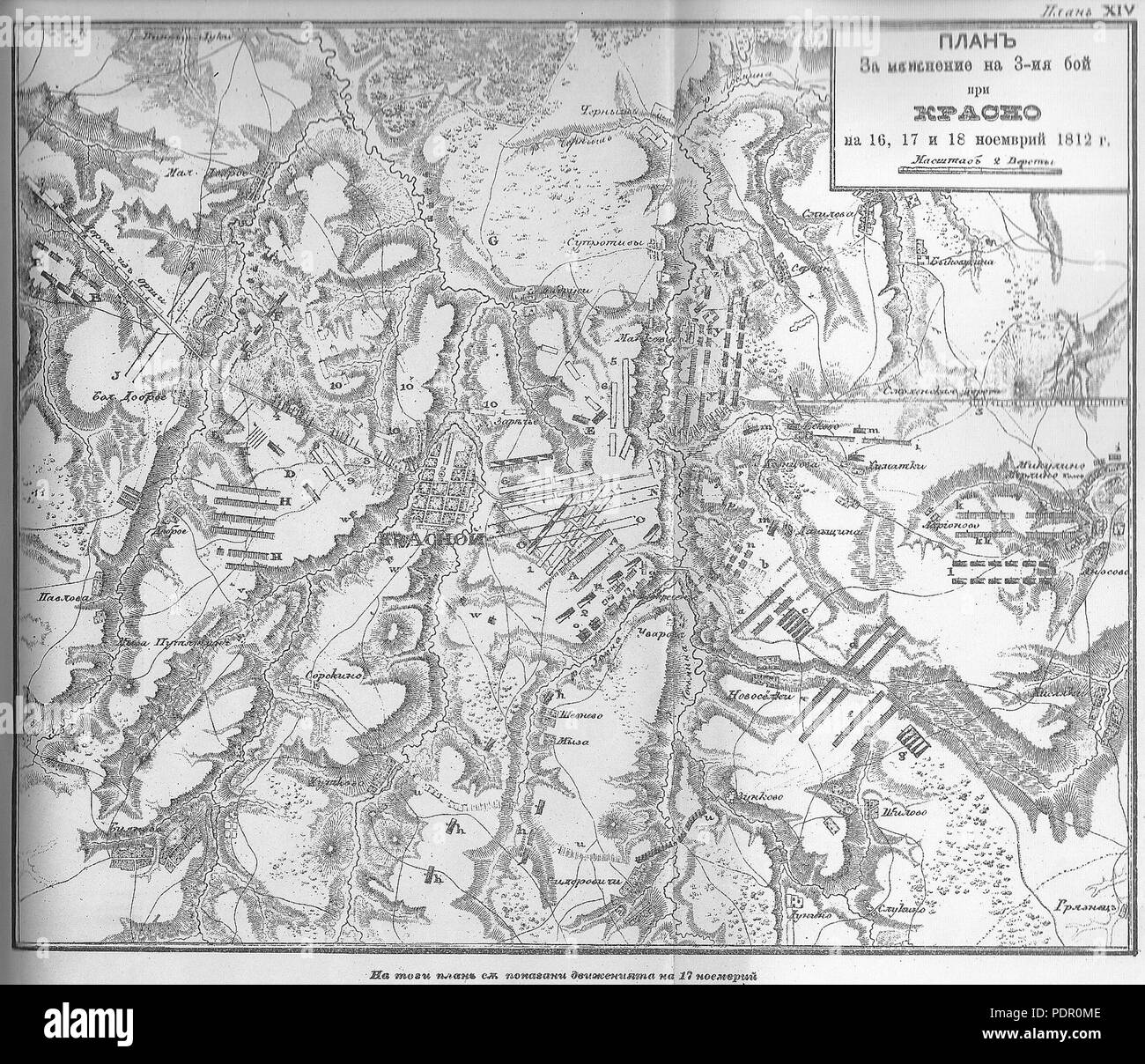
Schlacht von krasnoi hires stock photography and images Alamy
The 937 A.D. Battle of Brunanburh was known simply as "the great battle" in its day, but its particulars were largely forgotten in the centuries that followed—including where it was fought.

Historian relocates Battle of Brunanburh site to layby near Doncaster News The Times
The Battle of Brunanburh. Out of the disarray of kingdoms and fiefdoms which dotted the British Isles, in 937 AD they fell into two clear groups. The joint forces of the Vikings, Norse-Irish, Scots and Strathclyde Welsh came under the leadership of Anlaf Guthfrithson, himself being 'pagan king of Ireland and many islands'.

The Battle of Flodden Field,1513. Historia medieval, Ilustración histórica, Grecia antigua
King Æthelstan's victory at Brunanburh in AD 937 may just be one of the most important battles ever fought on British soil, yet today it is virtually unknown. Julian Humphrys explores what happened over an entire day of hard and bloody fighting, and why the events on that long-lost battlefield echoed through the centuries. Julian Humphrys.

The Battle of Brunanburh is considered to be one of the most important battles in Anglo Scottish
685 AD. Viking raids on Scotland. 800s. Kenneth MacAlpin becomes King of Picts. 843 AD. Constantine II becomes King of Alba. 900 AD. The Battle of Brunanburh. 937 AD.

Has the Battle of Brunanburh battlefield been discovered?
The Battle of Brunanburh AD 937 (Bromborough) based on information provided by Prof Stephen Harding. Author of Viking Mersey (2002) and a major contributor to a recently published authoratitive casebook on the battle, edited by Michael Livingston (see image) Brunburg (1100-35) Bruna's stronghold From Old English personal name burh.

Heretical Gaming The Battle of Brunanburh 937AD A DBA Refight
The Battle of Brunanburh 937 A.D. Here Æþelstan, eorla drihten, beorna bēahgifa, lord of heroes and ring-giver, and his brother, the Æþeling, Ēadmund, won lifelong honour and glory with their sword's edge at a place called Brunanburh. They smashed the shieldwall of their enemies, split shields with swords, as was natural to them from.
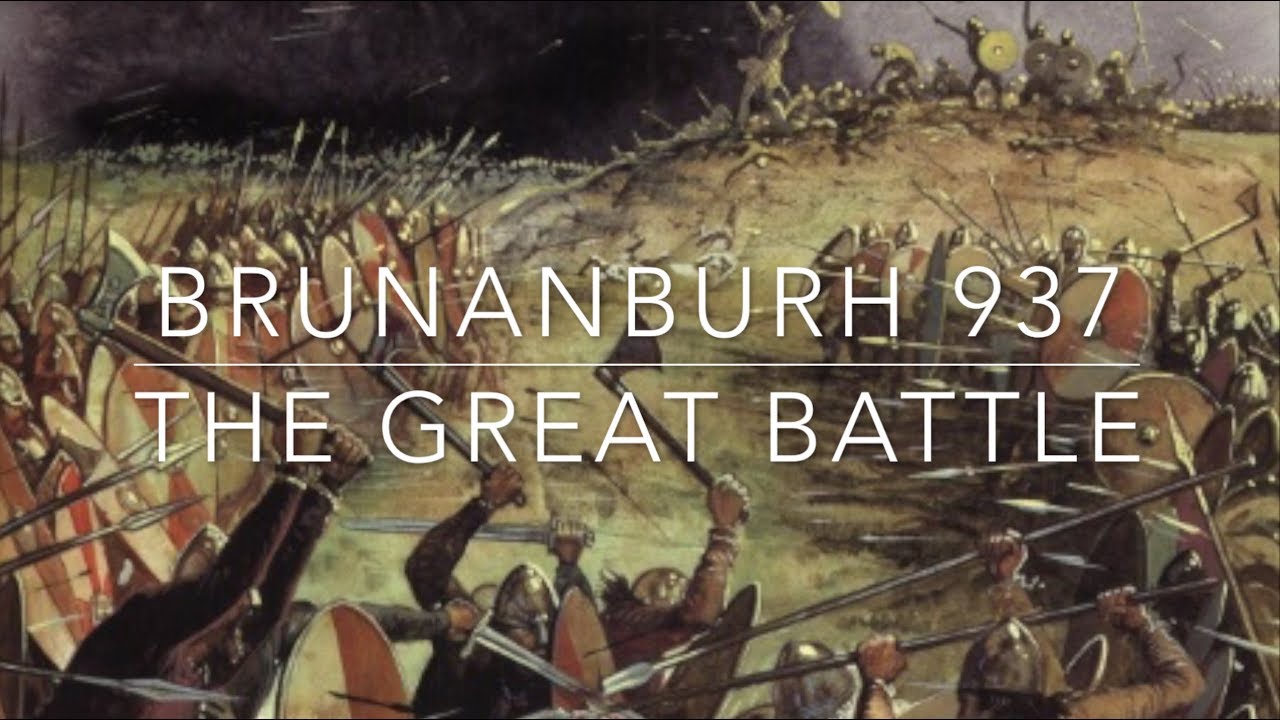
The Battle of Brunanburh Men Of The West
The Search. Wirral Archaeology CIC have been searching for the possible location of the battle for several years. We believe that it was fought on the Wirral and we are supported in that belief by the works of Professor Michael Livingston, an American medievalist and renowned ancient battlefield detective, whose works such as 'Never a greater.

The Battle of Brunanburh YouTube
Curiously, it was The Battle of Brunanburh that defined the countries that we now know as England, Scotland and Wales. At the time of the battle in 937, Britain was a divided nation, ruled by several Kings and Earls all vying for land and power. In the far north there were the Celts, divided into two main Kingdoms; Alba (mainly in Scotland) led.